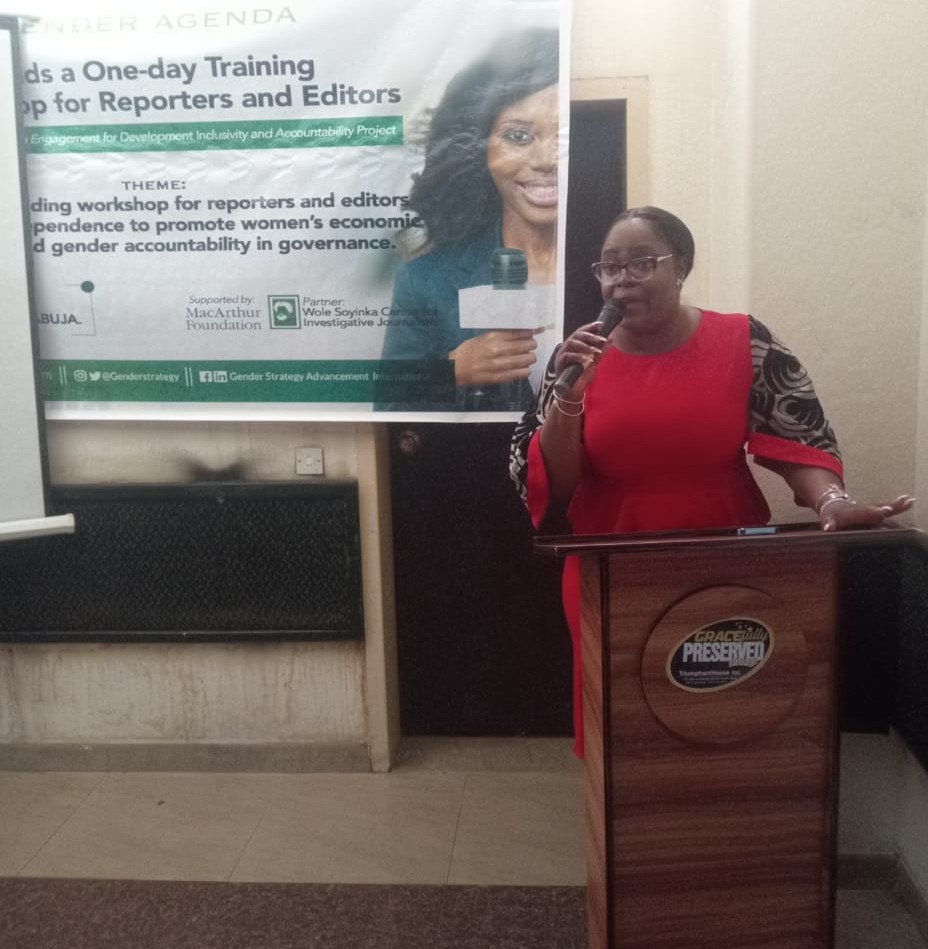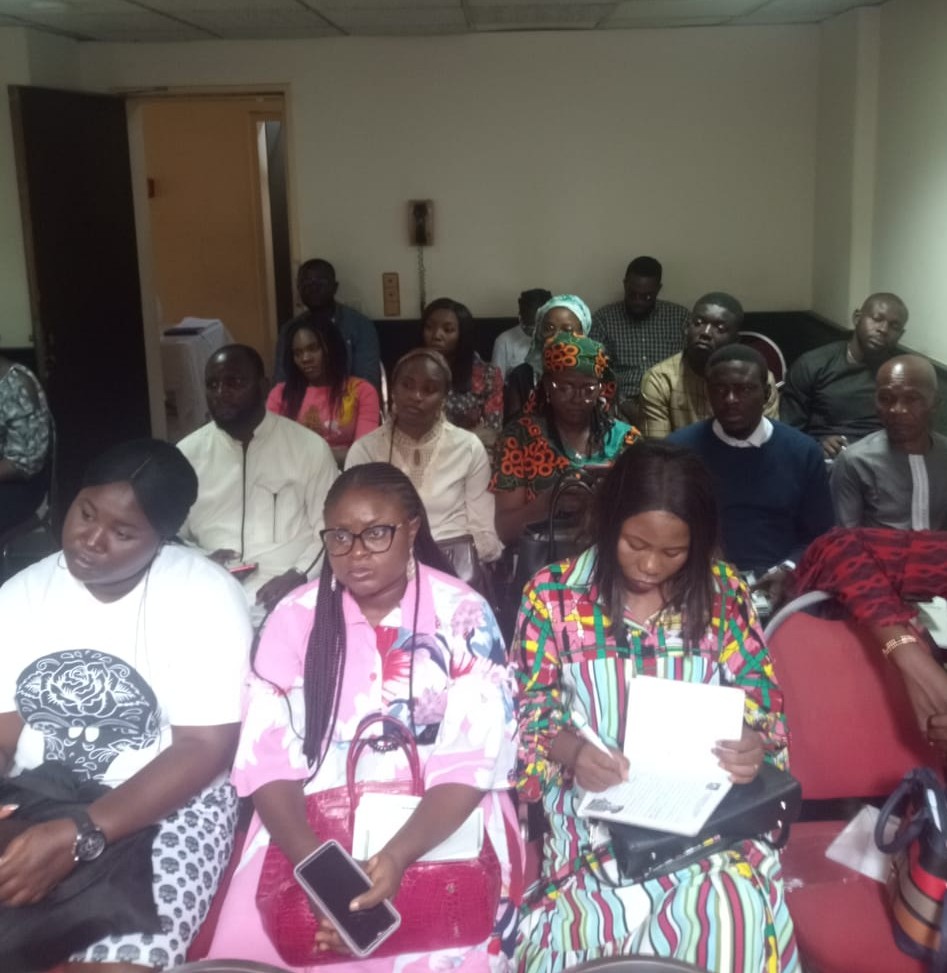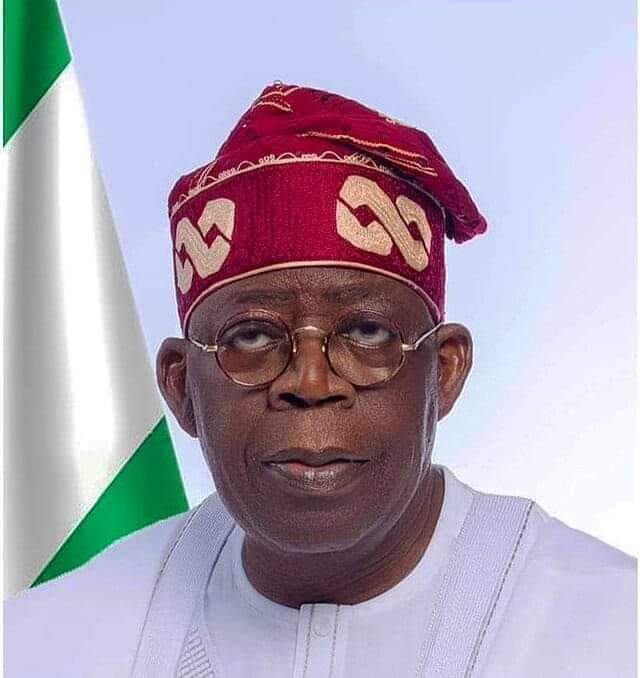GSAI Advocates More Women Participation In Governance

The Gender Strategy Advancement International (GSAI) has advocated more women’s participation in governance in the country.
Executive Director, GSAI, Mrs. Adaora Onyechere Jack spoke in defence of women at a One-day Capacity Building Workshop for Reporters and Editors organised by GSAI on Friday, June 16, 2023 in Abuja.
GSAI is a women-led non-profit organisation working in the area of women’s rights, equal opportunity for women, increased women’s participation in governance and leadership, increased gender-friendly policies, increased visibility for women, and advancement of women’s voices in the civic space.
Speaking, Mrs Onyechere said, out of the ten Special Advisers so far appointed by the present administration, only two were women. This is even as she said, women constitute only 4% in both upper and lower Chambers of the National Assembly.
Sad over the development, she said, efforts must be intensified to change the narrative, if not, the rights of women would become obsolete in Nigeria.
She, therefore, urged the participants to view every story through the gender lens.
In her presentation on Gender Responsive Budgeting, Women’s Economic and Political Inclusion, and the Role of the Media, the Assistant Director, Programmes, Nigerian Television Authority (NTA), Mrs. Ololade Adeniji-Adele said, there was the need for gender-responsive budgeting to address the huge gender inequalities and disparities that exist in budgetary decisions.
Mrs. Adeniji-Adele said gender-responsive budgeting is an approach that ensures government budgets consider the different needs and priorities of women and men.
“In simple terms, gender-responsive budgeting means looking at how money is allocated and spent by the government and making sure that it takes into account the specific needs and concerns of women and men.
“It involves analyzing how budget decisions can affect different genders and making adjustments to promote equality and fairness.

“Overall, gender-responsive budgeting helps governments identify and rectify any biases or inequalities in the distribution of resources.
“It promotes a more inclusive and fair approach to budgeting, recognizing that women and men have different needs and should be equally represented in financial decision-making”, she said.
The Assistant Director said, in Nigeria, women face challenges like gender discrimination, unequal pay, and limited access to credit and loans, therefore, there was a need for economic inclusion of women to have fair access to resources, job opportunities, and financial support.
Also speaking, the Executive Director of, the Men Against Rape Foundation, Lemmy Ughegbe said, while significant strides have been made to promote gender equality, there are persistent challenges that hinder the full participation of women in governance.
Ughegbe said women continue to face obstacles such as cultural biases, discriminatory practices, and limited access to resources and opportunities, adding that women must have equal opportunities to participate and lead in political, economic, and social spheres.
On the solutions, “We should aspire for a government that truly reflects the demographics and aspirations of the Nigerian population, where women’s voices are heard, and their contributions are valued.
“The media should engage in rigorous investigative journalism to uncover instances of gender-based discrimination, inequality, and corruption within the government.
“Journalists can dig deep into policies, practices, and decision-making processes to expose any biases or barriers that hinder women’s political participation and advancement. By shedding light on such issues, the media can raise awareness and create pressure for necessary reforms.
“Media outlets should adopt a gender-sensitive approach to reporting, ensuring fair and balanced coverage of women in politics. This means avoiding stereotypes, biases, and sexist language that may marginalize or undermine the contributions of women”, he said.
..






